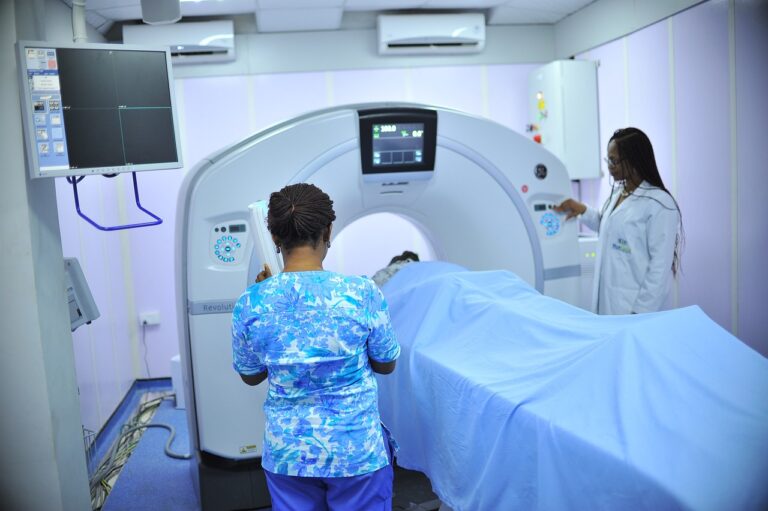Book Appointment Now

Assessing the Quality of Outpatient Care
In the evolving landscape of healthcare, the quality of outpatient care has become a critical focus. As more patients receive treatment outside of hospital settings, it is essential to ensure that these services meet high standards. Quality assessment in outpatient care involves evaluating various factors that contribute to patient outcomes and satisfaction. This article delves into the key aspects of assessing the quality of outpatient care and offers insights into how healthcare providers can improve their services.
Do you need nursing paper writing help about quality assessment in outpatient care assignment? ![]()
The Importance of Quality Assessment in Outpatient Care
Outpatient care encompasses a wide range of services, from routine check-ups to complex procedures. The shift towards outpatient care has been driven by advancements in medical technology, cost considerations, and patient preferences for receiving care in more convenient settings. However, ensuring that outpatient care quality standards are consistently met is essential for patient safety and effective treatment.
Key Metrics for Assessing Outpatient Care Quality
1. Patient Satisfaction
One of the most direct indicators of care quality is patient satisfaction. This metric reflects the patient’s experience, including their interactions with healthcare providers, the clarity of communication, and the overall environment of the outpatient facility.
Measuring Patient Satisfaction
Healthcare providers often use surveys and feedback forms to gauge patient satisfaction. These tools provide valuable insights into areas where the service can be improved.
- Factors to consider:
- Timeliness of appointments
- Professionalism and empathy of staff
- Clarity of explanations regarding treatment and follow-up care
2. Clinical Outcomes
While patient satisfaction is crucial, evaluating outpatient care services also requires a close examination of clinical outcomes. These outcomes indicate the effectiveness of the treatments provided and are critical in assessing the overall quality of care.
Tracking Clinical Outcomes
Healthcare providers must track key performance indicators (KPIs) such as recovery rates, complication rates, and adherence to treatment protocols.
- Common clinical outcome metrics:
- Rate of hospital readmissions
- Incidence of post-treatment complications
- Patient adherence to prescribed care plans
Strategies for Improving Outpatient Care Quality
1. Implementing Evidence-Based Practices
To maintain and improve outpatient care quality standards, healthcare providers should implement evidence-based practices. These practices are grounded in the latest research and have been proven to deliver better patient outcomes.
Continuous Professional Development
Ensuring that healthcare staff are well-trained in evidence-based practices is crucial. Regular training sessions and professional development opportunities help keep staff updated on the latest advancements in care.
- Benefits of evidence-based practices:
- Higher consistency in patient care
- Improved clinical outcomes
- Enhanced patient trust and satisfaction
2. Utilizing Technology for Quality Improvement
Technology plays a vital role in assessing healthcare quality in outpatient settings. From electronic health records (EHRs) to telemedicine, these tools can help streamline care delivery and improve the accuracy of assessments.
Integrating Quality Management Systems
Quality management systems (QMS) can track various quality metrics, provide real-time data, and identify areas for improvement.
- Key technological tools:
- EHRs for seamless data tracking and sharing
- Telehealth platforms to expand access to care
- Data analytics tools for monitoring and improving care quality
Assessing the quality of outpatient care is a multi-faceted process that involves evaluating patient satisfaction, clinical outcomes, and the implementation of evidence-based practices. By focusing on these key areas and leveraging technology, healthcare providers can ensure that their outpatient services not only meet but exceed quality standards. Continuous assessment and improvement are essential to delivering high-quality care that benefits both patients and healthcare systems alike.
Also read:
- Inpatient and Outpatient Hospital Assignment
- Shift from inpatient to outpatient services
- HCR 230 Week 8 CheckPoint Inpatient and Outpatient Hospital Services
- Case Scenario:Outpatient Care Health and Medicine




